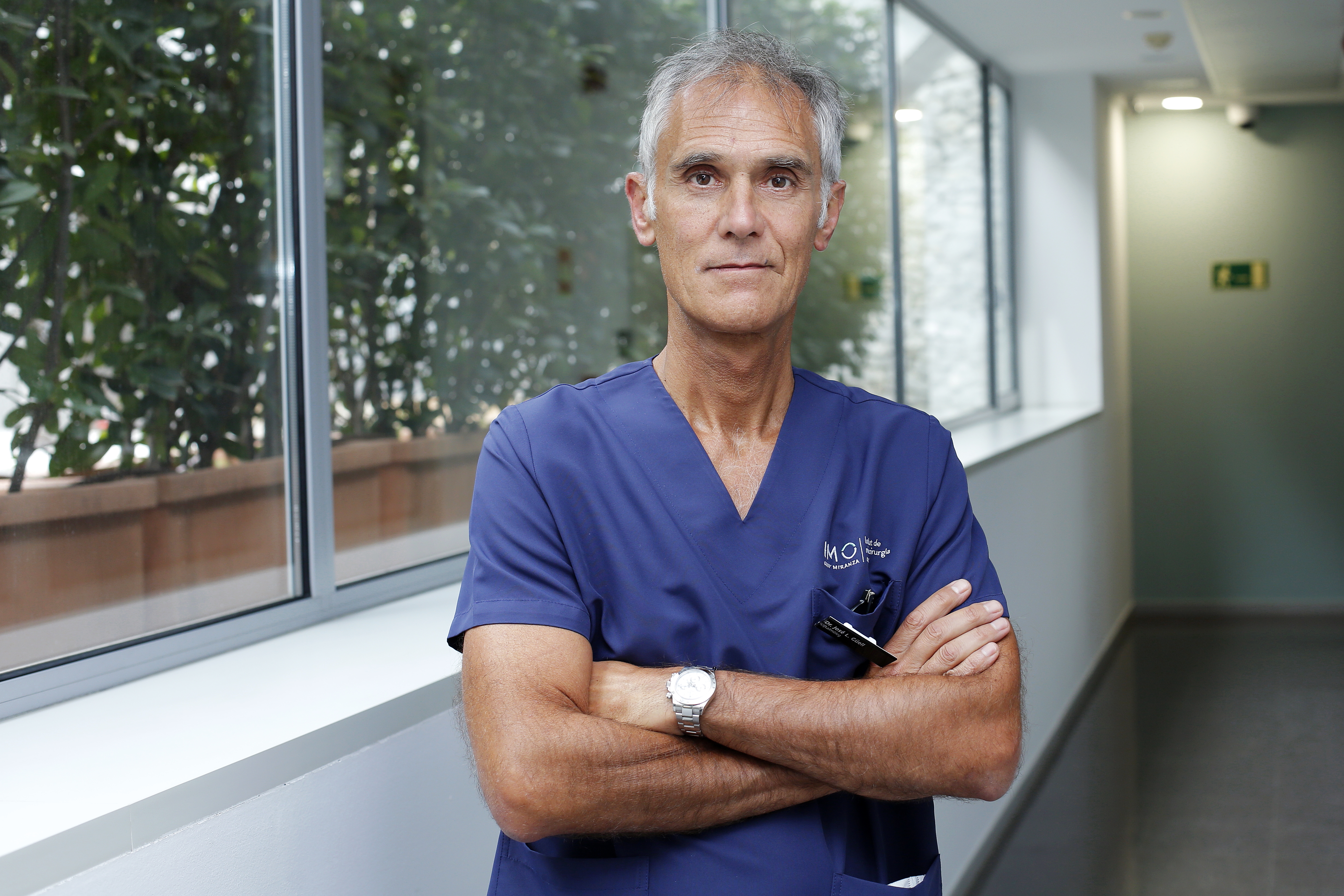Dear José,
You are an ophthalmologist, cornea, cataract and refractive surgeon and founder of ESCRS and EUCORNEA. When you look back over the last 20 years and remember how ophthalmology has changed, what do you think of when you think of the next 10 years?
I do not think that the speed of changes, especially those related with surgical techniques and devices, could be the same. These 25/30 years have been an explosion. On the other hand, I expect huge changes, with perhaps a higher impact in our practice, in other areas such as Artificial Intelligence, Gene therapy and prevention strategies.
What do you think the digital transformation of ophthalmology will bring? Do you think we ophthalmologists will be replaced or is there still room for us?
I do not think (perhaps I do not want to think) we will be replaced. I think digital transformation will help ophthalmologist in improving their quality practice and capabilities. And, especially in surgery, it will take longer to have “machines” doing our job by themselves alone.
Which areas do you think will benefit most from artificial intelligence, digitalization and automation? And where do we not need all this?
I think they will be (and already are starting) extremely useful in diagnostics (initially in those areas where we commonly use images) and medical treatment options with expected outcomes information.
You're also known for being a particular advocate for young ophthalmologists. What advice would you give to young ophthalmologists with regard to the developments of the next 10 years? How should they position themselves?
Still think they need to carry out a somewhat standard clinical and surgical formation. Of course and in relation with their own preferences, fields such as genetics, cell cultures and digitalization strategies should be included at a sooner or later stage.
You are also an early adapter to telemedicine in ophthalmology. What is your experience and which platform do you use?
Telemedicine (initially the phone!!) has always been a very helpful tool to communicate with our patients. What is new is the possibility of using new communication technologies and this is a clear advantage because the personal interaction, so important in the relation doctor-patient, obviously increases (this is also true in our relations with virtual meetings).
What are the current limitations of telemedicine in ophthalmology? What imaging requirements, especially of the anterior segment of the eye, do you think are necessary?
As I mentioned, technology is already there! I have tried a couple of video cameras which, connected to the i. Phone, may give to you high quality images of the anterior segment including slit images. Pretty sure they will improve soon and it is not difficult to imagine the possibility of performing also other test such as endothelial cell count and morphology evaluation, macular slit-lamp photography’s or IOP measurements.
Do you think that in the future Smart Devices, Smartphones and Home Care Devices will also play a bigger role in ophthalmology? Where do you see an opportunity in particular?
Of course they will, in many areas, such as diagnostics and evolution as I mentioned in the previous questions, but also in communication strategies with the different health care professionals.
We had an interview a few weeks ago with an economics professor who runs his institute from a sailboat most of the time. Do you think something like that is conceivable for ophthalmologists in the future?
May be for some but, from my point of view, direct contact with your patients especially those who are facing a significant problem and not only seeking for refractive or plastic surgery, will be a better option for both. And this will be especially true in surgery. On the other hand, yes, I think a significant amount of our daily practice will be able to be realized remotely, from a boat or elsewhere.
Thank you very much, José!




